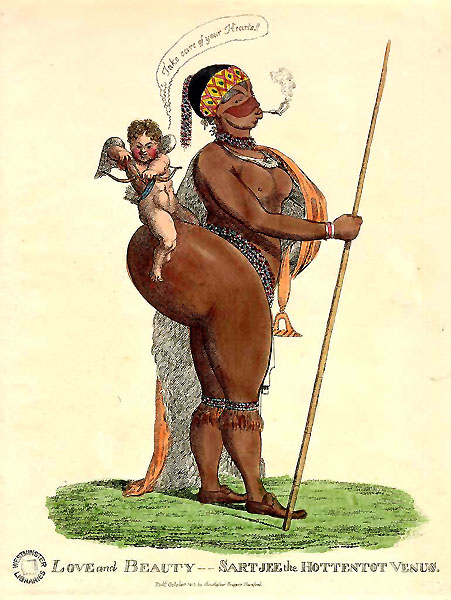"Sharing the Silence", number 157 of 188 from Robert Aitken's book Miniatures of a Zen Master.
This miniature is surprising. We can not know what is going on, moment to moment when we meet in silence. Aitken relays a incident where his silence is met with crude racism. Surprisingly crude.
What we do day by day, drip by drip, over time affects our attitude, the place on which we stand and operate in life.
A daily sitting practice after years and years slowly becomes a touch stone, a friend. We treat ourselves with a healthy dose of quietude to balance the activity of a normal life. Yet it is easier to develop and stick to a diet or exercise plan than it is to stick to daily sitting.
Committing to a daily practice of quite sitting (zazen) counts for more than one imagines. The strength built by both the commitment and the actual practice (not two!) shows up everywhere. It changes the world and connects. It is what is needed for the healing of our world.
This is our challenge, are you up for it?
Miniatures of a Zen Master
is solely a reflection of my own delusion and ignorance.
Any merit generated by this activity is solely the result of
Aitken Roshi's clear teaching and is dedicated to
all Buddhas and Bodhisattvas throughout space and time



